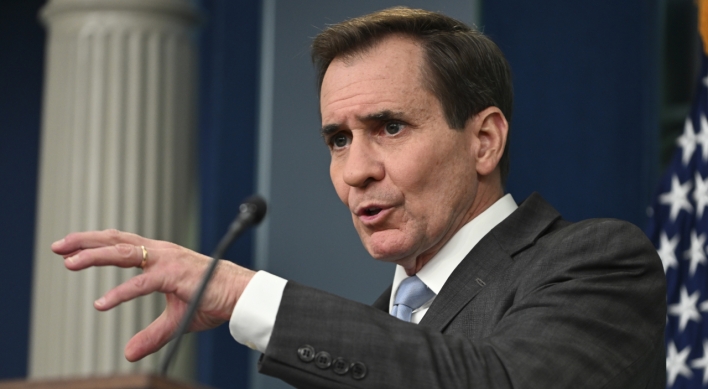The rupiah fell to as low as 14,120 against the U.S. dollar on Monday, in part due to the U.S. Federal Reserve starting its monthly meetings on Tuesday, because the majority of analysts around the world are expecting the U.S. central bank to finally raise its benchmark interest rate, which is currently close to zero, by at least a quarter of a percentage point.
Currencies and stocks in most other emerging economies are also on a roller coaster again as things remain in flux after several postponements by the Fed over the last few months. This is the uncertainty that has prompted central banks in many emerging markets to suggest that the Fed “just do it, the sooner the better,” even though such a move will certainly set off a new wave of capital outflows.
This is also the reason why Bank Indonesia has maintained its benchmark rate at 7.5 percent despite the slowdown in inflationary pressures over the past three months.
Several analysts are concerned that after several delays in just a few months the Fed may decide on monetary tightening, for the first time since 2006, more out of fear of losing market confidence in its policymaking rather than due to economic imperative.
But the damages inflicted on currencies and bonds by the uncertainty surrounding the Fed rate have also made emerging economies impatient for the Fed to tighten, assuming that this would no longer make things much worse.
The rupiah, for example, has lost more than 12 percent against the dollar so far this year due to a combination of weak exports and the uncertain U.S. interest rate policy.
A number of analysts think that a Fed monetary tightening has been priced in the current foreign exchange rates of most currencies in emerging economies.
But we think insofar as the rupiah is concerned, monetary tightening by the Fed would still set off a new wave of financial turbulence in Indonesia due to its heavy dependence on foreign capital to plug its trade and current account gaps.
The Economist magazine quoted the International Institute of Finance, which reported that capital outflow from emerging economies to the U.S. totaled $3.5 billion in November alone, the fourth month of such outflow in the past five months, compared to the $22 billion inflow to stocks and bonds in developing countries every month on average between 2010 and 2014.
Further outflow in the coming weeks or months would put stronger pressure on the beleaguered rupiah, thereby making the country’s big external debts even more daunting. This would present BI with a dilemma because raising interest rates in line with the Fed would dampen economic activity.
There is no better alternative for BI but to maintain its current interest rate. But this is not enough. The government should help by accelerating its economic and bureaucratic reforms to cut costs and make exports more competitive.
Editorial
(The Jakarta Post)
(Asia News Network)




![[Music in drama] Rekindle a love that slipped through your fingers](http://res.heraldm.com/phpwas/restmb_idxmake.php?idx=644&simg=/content/image/2024/05/01/20240501050484_0.jpg&u=20240501151646)




![[New faces of Assembly] Architect behind ‘audacious initiative’ believes in denuclearized North Korea](http://res.heraldm.com/phpwas/restmb_idxmake.php?idx=644&simg=/content/image/2024/05/01/20240501050627_0.jpg&u=20240502093000)








![[Today’s K-pop] Stray Kids go gold in US with ‘Maniac’](http://res.heraldm.com/phpwas/restmb_idxmake.php?idx=642&simg=/content/image/2024/05/02/20240502050771_0.jpg&u=)